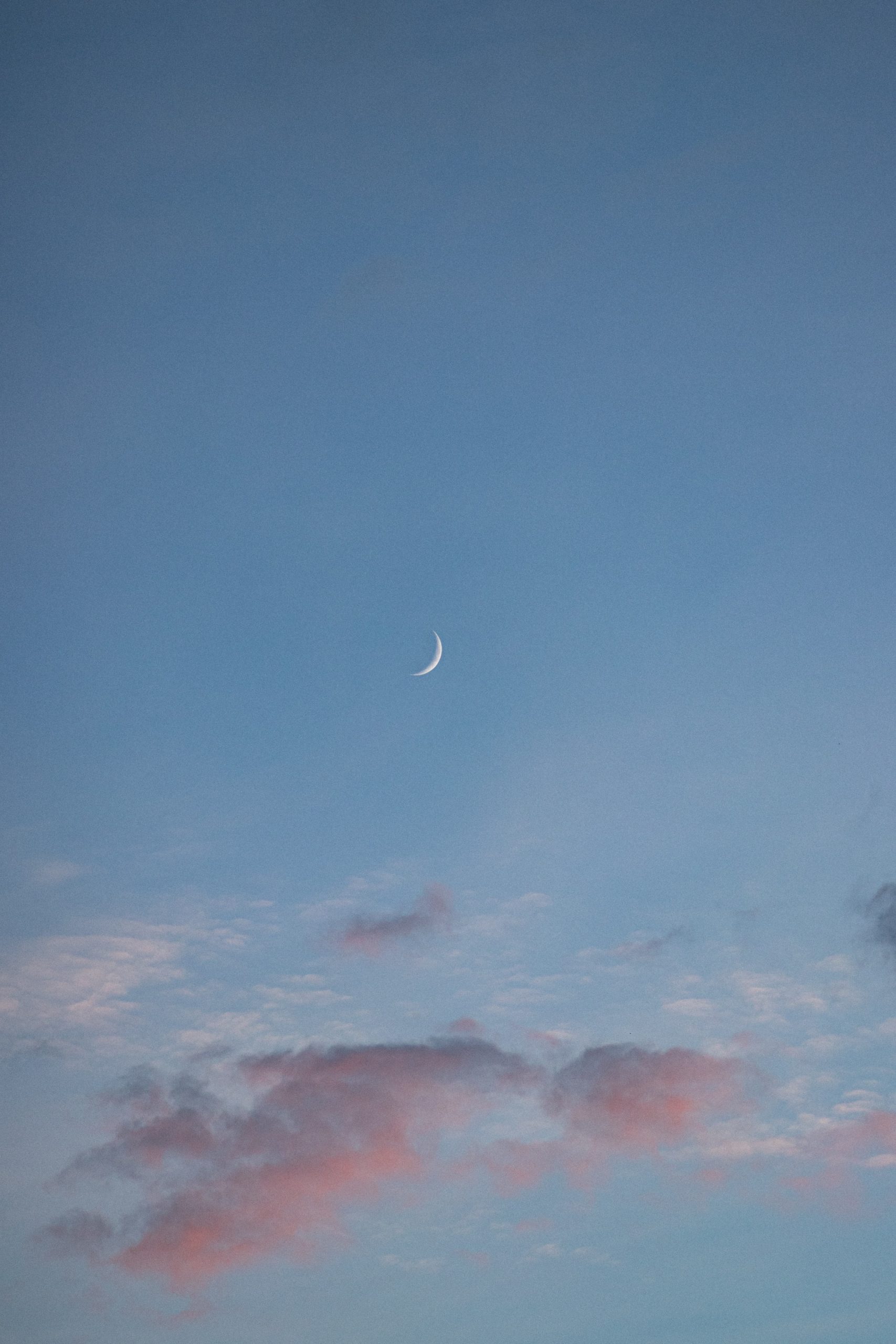Why Do I Get My Period on the Full Moon?
Menstruation is a natural and essential part of a woman’s reproductive cycle. It is a complex process influenced by various factors, including hormones, genetics, and environmental factors. While most women follow a predictable menstrual cycle, others may notice a synchronicity between their periods and the lunar cycle. This phenomenon is often referred to as the “lunar menstrual cycle.” In this blog post, we will explore the connection between the full moon and menstruation, examining scientific research, cultural beliefs, and personal experiences.
The Influence of the Moon on Menstruation
Historically, the moon has long been associated with feminine energy and cycles. Many ancient cultures believed in the interconnectedness of lunar phases and women’s menstrual cycles. However, when we look to scientific evidence, there is limited research on the topic, and the existing studies present varied results. Nonetheless, let’s delve into the possible mechanisms that could link the full moon with the menstrual cycle.
Synchronization and Ambient Light
One theory suggests that the lunar cycle could influence menstruation through the synchronization of women’s menstrual cycles due to ambient light. Our bodies produce melatonin, a hormone that helps regulate sleep and wake cycles, in response to darkness. One study conducted in 1971 by Dr. Winfree observed that women exposed to artificial light at night experienced a disruption in their menstrual cycles, potentially supporting the link between light exposure and menstruation. It is believed that the brightness of the full moon affects melatonin production and could, therefore, influence the timing of menstruation.
Gravity and Tidal Forces
Another hypothesis focuses on the gravitational pull and tidal forces caused by the moon’s proximity to Earth during the full moon phase. Proponents of this theory argue that since water bodies (such as oceans) are affected by lunar gravity, it is plausible that the moon could also impact the fluids within our bodies. However, the influence of gravitational forces on human physiology is still a topic of debate, and no conclusive evidence exists to support the direct link between the full moon and menstrual cycles.
Cultural Beliefs and Folklore
Throughout history, various cultures have attributed mystical and symbolic meaning to the moon and its correlation with menstruation. Ancient civilizations in Greece, Egypt, and Rome worshipped lunar deities associated with women’s fertility and cycles. In some traditional practices, the full moon is believed to enhance fertility, while others associate it with increased psychic energy and emotional fluctuations. However, it is important to note that these beliefs are rooted in cultural folklore and lack scientific substantiation.
Real-Life Experiences and Anecdotal Evidence
Many women have reported personal experiences aligning their menstrual cycles with the lunar cycle. While anecdotal evidence is not considered scientifically reliable, the accounts of these women provide valuable insights into the phenomenon. Some women claim that their periods align precisely with each full moon, while others notice a pattern over multiple cycles. The ability to observe this correlation might depend on an individual’s menstrual regularity, sensitivity to environmental factors, and personal awareness.
The Menstrual Cycle and Hormonal Regulation
To fully understand the potential link between the full moon and menstruation, it is crucial to explore the hormonal changes that occur during the menstrual cycle. The menstrual cycle consists of different phases, each controlled by the interplay of hormones, including estrogen, progesterone, follicle-stimulating hormone (FSH), and luteinizing hormone (LH). These hormones regulate the growth and release of eggs from the ovaries and the thickening of the uterine lining.
The menstrual cycle typically lasts around 28 days, but this can vary from woman to woman. It begins with the follicular phase, during which the egg matures in preparation for ovulation. The ovulatory phase follows, wherein the egg is released from the ovary. Subsequently, the luteal phase occurs, characterized by the thickening of the uterine lining to support potential pregnancy. If fertilization does not occur, the uterine lining sheds during menstruation, marking the start of a new cycle.
The Power of Intuition
Some proponents of the lunar menstrual cycle argue that women’s intuition may play a role in syncing their periods with the full moon. Intuition refers to our innate ability to perceive or understand something without explicit reasoning. It is postulated that certain women may have a heightened sensitivity to subtle environmental cues, such as moonlight, which could potentially influence their menstrual cycles. However, this concept remains speculative and requires further scientific investigation to ascertain its validity.
Conclusion
While the idea of menstruation syncing with the full moon is intriguing, the existing scientific evidence is inconclusive. Factors such as exposure to ambient light, sensitivity to environmental cues, and individual variations in hormonal regulation may contribute to the perceived correlation between the lunar cycle and menstruation. Additionally, cultural beliefs and personal experiences shape our understanding of this fascinating topic. Further studies exploring the potential influence of the moon on menstruation are needed to provide a comprehensive scientific explanation. Until then, discussing the lunar menstrual cycle remains a topic of curiosity, wonder, and personal interpretation.
Table of Contents
